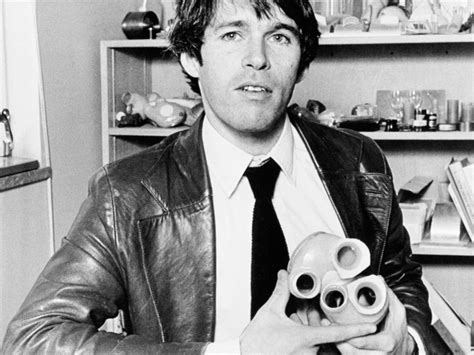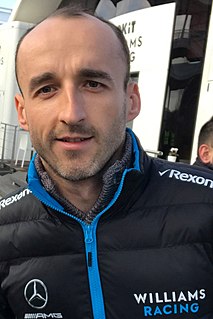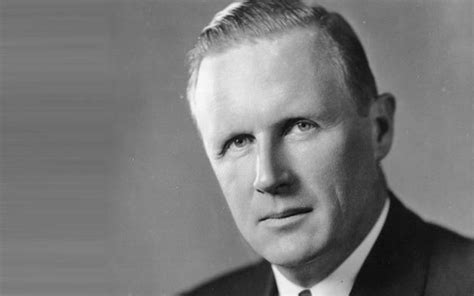A Quote by Alex Gibney
Insurance companies pay big bucks for procedures but next to nothing for patient consultations and preventive medicine, which is what most medicine is.
Related Quotes
I think energy medicine is a field that is probably for me the most authentic level of medicine that there is, because it takes into account what I would call 'square one of creation'. Which is where energy meets the process of incarnating. So I think it is very much going to become the dominant practice of medicine in this next millennium. We have no other place to go but there.
It is time for the scientific community to stop giving alternative medicine a free ride There cannot be two kinds of medicine — conventional and alternative. There is only medicine that has been adequately tested and medicine that has not, medicine that works and medicine that may or may not work. Once a treatment has been tested rigorously, it no longer matters whether it was considered alternative at the outset. If it is found to be reasonably safe and effective, it will be accepted.
One of the biggest reasons for higher medical costs is that somebody else is paying those costs, whether an insurance company or the government. What is the politicians' answer? To have more costs paid by insurance companies and the government. ... [H]aving someone else pay for medical care virtually guarantees that a lot more of it will be used. Nothing would lower costs more than having each patient pay those costs. And nothing is less likely to happen.
The scope of herbal medicine ranges from mild-acting plant medicines such as chamomile and peppermint, to very potent ones such as foxglove (from which the drug digitalis is derived). In between these two poles lies a wide spectrum of plant medicine with significant medical applications. One need only go to the United States Pharacopoeia to see the central role that plant medicine has played in American medicine.




































